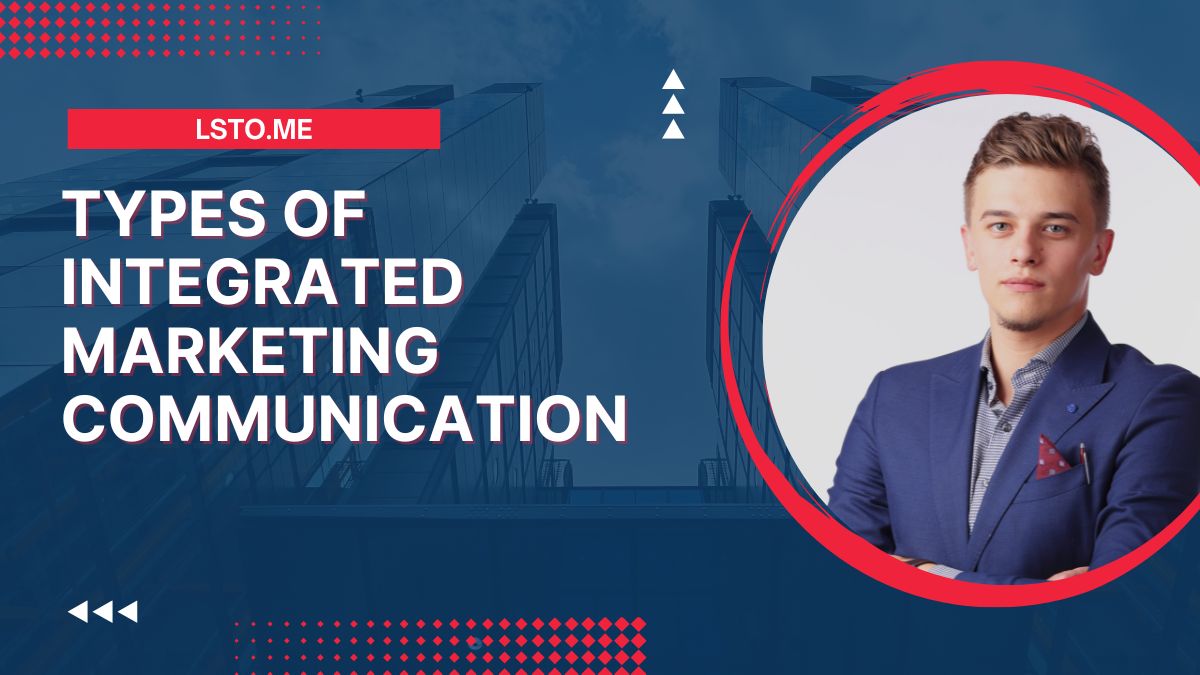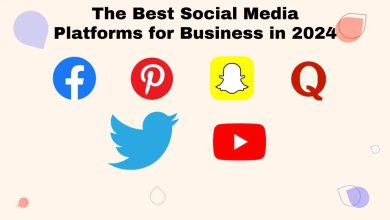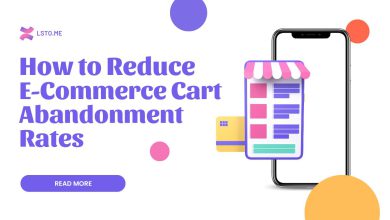
Integrated marketing communication (IMC) refers to the process of coordinating all aspects of marketing communication to achieve a consistent and seamless brand message across all channels. In this blog post, we will discuss the different types of integrated marketing communication.
1. Advertising:
Advertising has been a cornerstone of marketing communication for as long as people have been selling products and services. It involves creating paid messages that can be distributed through various media channels like TV, radio, print, online ads, billboards, and more. Advertising is a type of integrated marketing communication that seeks to inform and persuade potential customers about the benefits of using certain products or services.
One key element in advertising is choosing the right medium to communicate your message. Different types of mediums are suited for different types of audiences. For instance, if you’re targeting an older demographic who may not be internet-savvy, placing ads on television or in newspapers may be more effective than relying solely on digital advertising methods. However, if you’re trying to reach younger generations who consume the most content online, social media platforms could be a better choice.
2. Public Relations:
Public relations is a type of integrated marketing communication that includes all activities designed to build and maintain a positive public image for a brand. The goal of public relations is to create and maintain strong relationships between the brand and its stakeholders, including customers, employees, investors, and the media.
Media relations is one key aspect of public relations. This involves building relationships with journalists and other members of the media to help promote the brand’s products or services through earned media coverage. Another important aspect of public relations is event planning. Brands often host events such as product launches, charity fundraisers, or grand openings to build goodwill among their target audience.
Overall, effective public relations can help establish a positive reputation for a brand in the eyes of its stakeholders. By using tools like media relations and event planning, brands can create engaging experiences that foster trust and loyalty among their target audience.
3. Direct Marketing:
Direct marketing is a type of integrated marketing communication that involves sending targeted messages directly to a specific audience via email, mail, or other forms of media. This approach allows marketers to reach potential customers with personalized and relevant content. By targeting specific individuals who are more likely to be interested in the product or service being offered, direct marketing can increase response rates and ultimately boost sales.
One key advantage of direct marketing is its ability to track and measure results. With tools like email tracking software and unique URL codes for printed materials, marketers can easily monitor the effectiveness of their campaigns. This data can then be used to refine future strategies and improve ROI (return on investment). Additionally, direct marketing allows for segmentation based on factors such as demographic information or past purchase history, enabling companies to tailor their messages even further.
4. Sales Promotion:
Sales promotion is a type of integrated marketing communication that targets short-term incentives for customers to purchase a product or service. This promotional technique is designed to stimulate customer demand, increase sales and ultimately drive revenue growth. Sales promotions are usually featured on packaging and point-of-sale displays, as well as in advertisements and social media posts.
One of the most popular forms of sales promotion is discounts. Offering customers a percentage off the regular price or providing them with a coupon code can significantly boost sales for businesses. Another form of sales promotion includes free samples, which allow customers to try out the product before investing in it. This helps businesses build customer trust and encourages repeat purchases. In addition, giveaways such as contests, prize draws, and sweepstakes can also be effective ways to attract potential buyers and increase brand awareness among new audiences.
5. Personal Selling:
Personal selling is a type of integrated marketing communication that involves one-on-one interactions between a salesperson and a potential customer. This could be through sales calls, face-to-face meetings, or product demonstrations. Unlike other forms of advertising such as TV commercials or social media ads, personal selling requires direct interaction with the customer.
One of the main benefits of personal selling is that it allows for personalized communication with the customer. By engaging in one-on-one conversations, salespeople can tailor their message to match the specific needs and interests of each customer. This helps to build trust and rapport with potential clients which can lead to increased sales in the long run.
Personal selling also provides an opportunity for immediate feedback from customers. Salespeople can ask questions about what their customers are looking for and receive instant feedback on products or services offered by their company.
6. Content Marketing:
Content marketing is a type of integrated marketing communication that has gained immense popularity over the years. The core concept behind this approach is to create and distribute valuable content that aims to attract, educate and engage a target audience. This content can take many forms, such as blog posts, social media updates, videos, or podcasts.
One of the primary benefits of content marketing is that it allows businesses to establish themselves as thought leaders in their respective industries. By creating high-quality content on topics related to their products or services, businesses can demonstrate their expertise and provide value to potential customers. This approach helps build trust with prospects and increases the chances of them becoming long-term customers.
Another advantage of content marketing is its ability to drive traffic to a website through improved search engine rankings. Search engines like Google prioritize websites with relevant and engaging content when ranking search results.
7. Social Media Marketing:
Social media marketing has become a vital component of integrated marketing communication. It involves using various social media platforms to build brand awareness, engage with customers, and promote products and services. Through this type of marketing, companies have the opportunity to reach a vast audience, tailor their messaging to specific demographics, and monitor customer feedback in real time.
One of the advantages of social media marketing is its cost-effectiveness. Compared to traditional forms of advertising such as TV or radio ads, social media platforms are relatively inexpensive. This allows businesses of all sizes to create effective campaigns that can reach millions while staying within their budget. Additionally, social media provides brands with a platform where they can showcase their personality and interact with customers on a more personal level.
Another key benefit of social media marketing is its ability to target specific audiences.
8. Event Marketing:
Event marketing is a type of integrated marketing communication that involves promoting and hosting events to engage customers and build brand awareness. This strategy is commonly used by organizations to introduce new products or services, create buzz around their brand, and establish relationships with potential customers. Event marketing can take many forms, including product launches, grand openings, charity events, trade shows, and more.
One of the key benefits of event marketing is that it allows businesses to connect with their target audience in a meaningful way. By creating an experience that resonates with consumers on a personal level, brands can establish stronger emotional connections with them. This helps to build trust and loyalty over time, ultimately leading to increased sales and revenue for the business.
Overall, event marketing can be an incredibly effective way for businesses of all sizes to promote their products or services and build brand awareness.
By integrating these various types of marketing communication, brands can create a unified message that resonates with customers and helps drive business goals. The key to successful integrated marketing communication is to carefully consider each channel and message, ensuring that they work together to achieve a consistent and effective brand voice.




